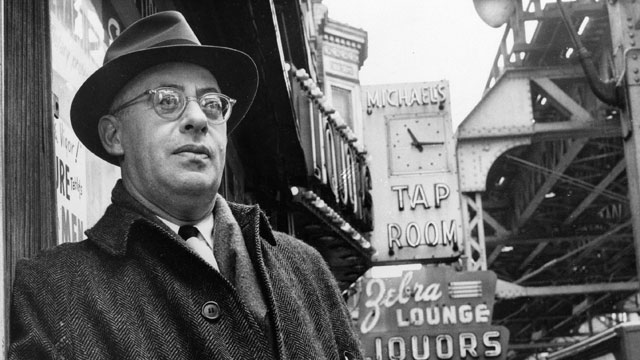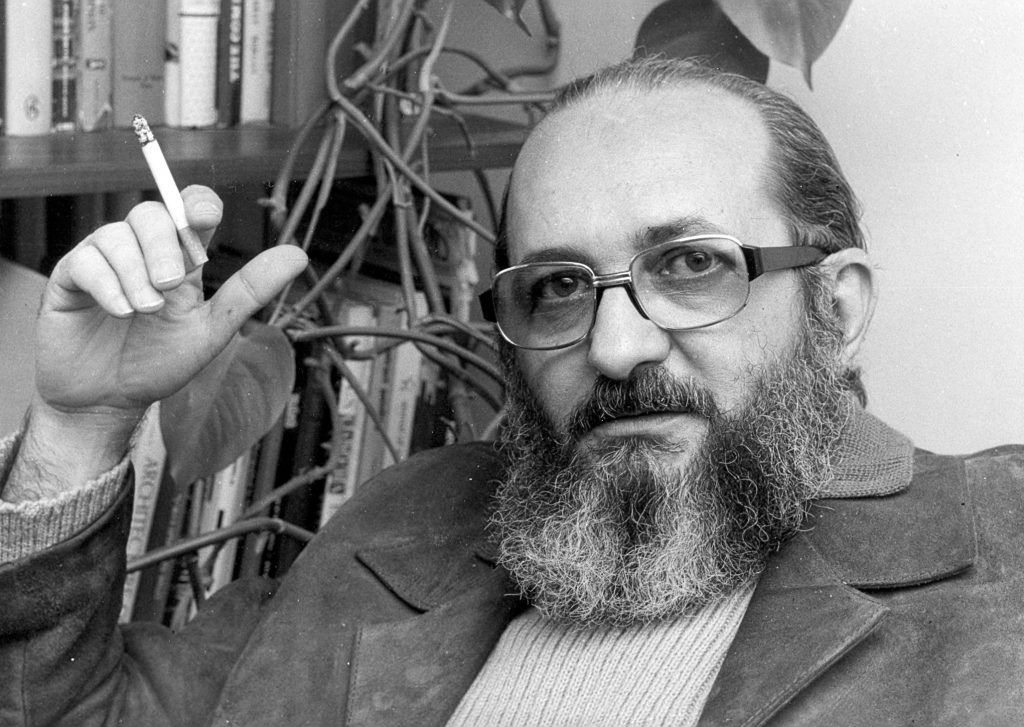Considering the organizational approaches of Alinsky and Freire
Organization is not spontaneous. People, no matter the context, do not abruptly come together with a plan for action in their community. Social motion always occurs— or at least originates— in the presence of some voice of authority. But while philosophers of organizing have reached consensus about the existence of this voice, they divide sharply over the volume with and extent to which it speaks. Two such philosophers are notable in this regard: Paulo Freire and Saul Alinsky. Freire, Brazilian advocate of slow-and-steady “liberation education,” sees the authority as a partner in the process, helping participants engage in critical reflection on themselves and their environment (Martinson and Su, 2012, p. 65). In contrast, Alinsky believes that the authority should instruct and supervise the members of their organization, mobilizing them to act on the issues which affect their community (Martinson and Su, 2012). The organizations following these two schools of thought operate differently: Alinskyites favor rapid results and organizational growth, while Freirians emphasize personal development and building solidarity. I argue that this divergence in function is not coincidental, but rather the result of an underlying difference between Alinsky and Freire in their attitudes towards power and hierarchy. The relationship between organizer and participant has stark implications for the character of the organization as a whole.

Saul Alinsky – https://billmoyers.com/content/who-is-saul-alinsky/
Saul Alinsky’s theory of organizing conceptualizes the figure of authority as a guide to the organization’s participants. Marginalized or oppressed groups, Alinsky thinks, are often living with the understanding that their situation is unjust but without any recognition of potential avenues by which to improve it (Alinsky, 1971). It is then the organizer’s job to present the community with easily digestible issues that they can resolve through specific and direct action (Alinsky, 1971).
For Freire, by contrast, the authority acts as a partner to those whom they organize. The responsibility of Freire’s organizer is to facilitate, to create an environment in which participants can reflect critically on the struggles and oppression they face as well as what might be done to address the roots of that oppression (Martinson and Su, 2012). Positioning organizers above or ahead of the group places them in the way of forward and upward motion; instead, organizers ought to stay out of the way, guiding gently alongside their participants (Horton and Freire, 1990).

Paulo Freire – https://godentranced.blogspot.com/2011/10/critical-interaction-with-paulo-freires.html
Freire and Alinsky’s differing attitudes towards the role of an authority figure in an organization reveal their beliefs about power and hierarchy in society. Alinsky’s emphasis on hierarchical structure in community organization— placing the organizer on a pedestal of knowledge and guidance— suggests that he sees hierarchy as natural, or quasi-natural, insofar as it is a ubiquitous facet of human society. He therefore has no interest in problematizing hierarchical structure within an organization if it offers the greatest efficacy in accomplishing his goals.
In contrast, Freire’s prioritization of equality between educator and student demonstrates that he considers hierarchy unproductive and to some extent artificial. Freire places heavy emphasis on the need to recognize sources of oppression, and oppression requires hierarchy. His rejection of hierarchy in organizing then suggests that he sees such rejection as necessary for revolution.
The position of the organizer relative to the community is therefore emblematic of the structure of the organization as a whole. Whether organizers and participants recognize it or not, their choices of actions and relationships are borne from larger, unified theories of power and social structure.
References:
Alinsky, S. (1971). Rules for radicals: A pragmatic primer for realistic radicals. New York: Vintage.
Horton, M., & Freire, P. (1990). We make the road by walking: Conversations on education and social change. Temple University Press.
Martinson, M., & Su, C. (2012). Contrasting organizing approaches: The “Alinsky tradition” and Freirian organizing approaches. In M. Minkler (Ed.), Community organizing and community building for health and welfare. (pp. 59-77). Rutgers University Press.
